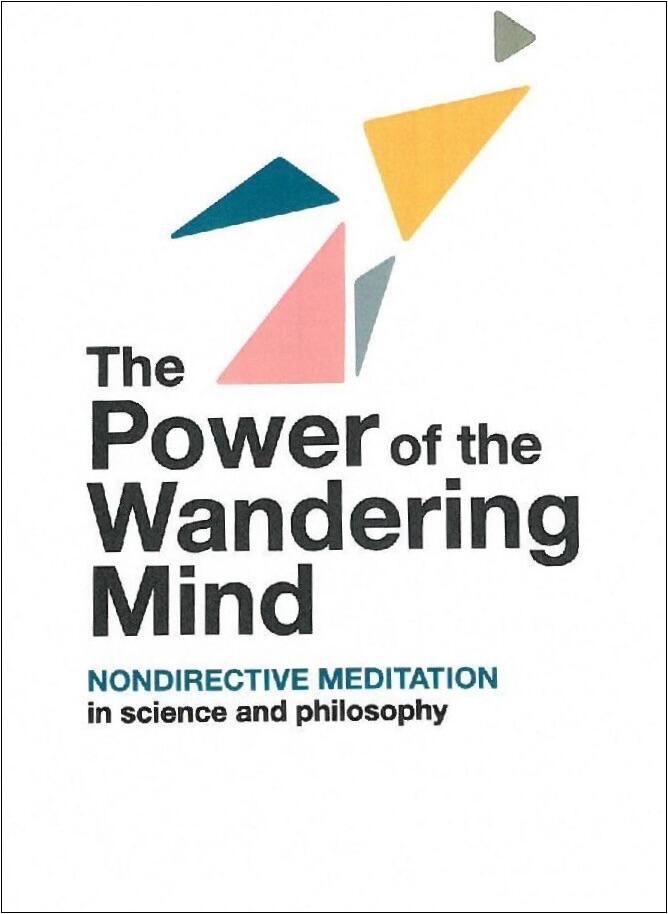
The Power of the Wandering Mind – Nondirective Meditation in Science and Philosophy
Edited by Halvor Eifring
In fifteen chapters, experts in neuroscience, medicine, psychology, philosophy and the humanities share groundbreaking perspectives on how nondirective meditation interacts with brain and body, mind and culture.
- Produkttype:
- Bok - 978-82-91405-55-1
- Språk:
- Engelsk
Nondirective Meditation is not about emptying the mind. Instead, mind wandering is seen as an important resource. Silently repeating a meditation sound helps to cultivate a free mental attitude. The activity in the brain’s default mode network increases, enriching the flow of spontaneous thought. This brings rest and recuperation, helps us consolidate our memory of the past, and stimulates our planning toward future goals. It enhances creativity and makes it easier to shift perspective. It is a central feature of empathy and social relations.
In the last decade, the scientific study of meditation has brought two important insights. First, researchers no longer treat meditation as a unitary phenomenon but realize that different practices lead to different results. Second, the role of mind wandering and the brain’s default mode network in meditation has emerged as a blooming research field.
The Power of the Wandering Mind reflects these two trends. Its fifteen chapters focus on one major type of meditative practice, nondirective meditation. This type allows thoughts to come and go of their own accord, usually while a meditation sound or mantra is effortlessly repeated in the mind. Typical examples include Acem Meditation, Clinically Standardized Meditation, the Relaxation Response, and Transcendental Meditation.
The book approaches nondirective meditation from several angles: the quantitative measurements of neuroscience and medicine, the self-reports and case studies of psychology, the analytic reasoning of modern philosophy, and the historical and cultural text studies of the humanities. The result is a multifaceted view of how nondirective meditation affects brain and body, mind and culture.
Edited by Halvor Eifring
284 + xii pp.
© Dyade Press 2019